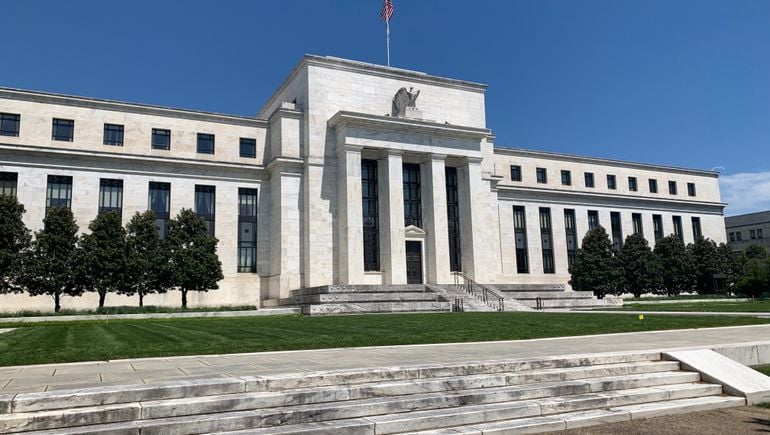Dive Brief:
- The Federal Reserve Board of Governors and the Federal Reserve Bank of Kansas City on Friday denied crypto-focused Custodia Bank’s request to become a member of the Federal Reserve System, as well as its application for a master account.
- In a statement Friday, the Fed said Custodia’s crypto-focused business model “presented significant safety and soundness risks.” Hours later, the Kansas City Fed filed court documents disclosing it had rejected the bank’s master account application, according to American Banker.
- The actions come as the Cheyenne, Wyoming-based bank is suing both the Fed and the Kansas City Fed over what it calls an “unlawful delay” to its request to join the central bank’s payments system.
Dive Insight:
“[Custodia] proposed to engage in novel and untested crypto activities that include issuing a crypto asset on open, public and/or decentralized networks,” the Fed said in a statement Friday. “The firm’s novel business model and proposed focus on crypto-assets presented significant safety and soundness risks.”
The regulator also expressed doubt that Custodia’s risk management framework was strong enough to address risks associated with crypto, such as money laundering and terrorism financing.
Custodia CEO Caitlin Long said she is “surprised and disappointed” by the Fed’s action, adding the bank will continue to litigate the regulator’s handling of its applications.
“The Fed advised Custodia 72 hours ago that it could either withdraw its membership application or see it denied, and the Fed denied it in record time,” she said Friday.
Time has been a cornerstone to Custodia’s argument against the Fed. Custodia applied for a master account — which allows companies to move money through the Fed system without using a bank — in October 2020. The Fed’s review of the bank’s application, however, has taken years, rather than the “5-7 business days” indicated in the Fed’s standard form agreement, Custodia alleges.
Custodia has accused the Fed of favoring traditional institutions when it comes to crypto activity — pointing to BNY Mellon’s move last year to begin accepting clients’ digital assets.
“Custodia actively sought federal regulation, going above and beyond all requirements that apply to traditional banks,” said Nathan Miller, a spokesperson for the bank. “We will continue to pursue our claims in court, and we will respect the judicial system’s ultimate conclusions about the harmful double-standard that the Fed applied to Custodia Bank and whether Congress even granted the Fed discretion to decide master account applications at all.”
The Kansas City Fed’s court filing did not disclose a reason for the denial of Custodia’s master account, according to American Banker.
The latest development in Custodia’s more than two-year effort to gain a Fed master account comes as regulators are facing pressure to step up scrutiny of the crypto sector, and coincides with the release of a White House policy announcement Friday, encouraging regulators to continue efforts to address and limit banks’ exposure to the risks of digital assets.
Miller called the Fed’s crypto policy “misguided and wrong,” and accused the regulator and the Kansas City Fed of taking “coordinated action against” the bank.
“It will not protect American consumers, will discourage responsible innovation, and will provide even greater advantages to incumbent banks,” he said in a statement Friday.
Custodia, formerly known as Avanti, was granted a special-purpose depository institution (SPDI) license in Wyoming in 2020. A master account is vital to the bank’s ability to operate effectively and efficiently, it says.
“Custodia offered a safe, federally-regulated, solvent alternative to the reckless speculators and grifters of crypto that penetrated the U.S. banking system, with disastrous results for some banks,” Long said Friday.



